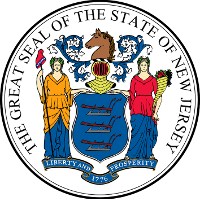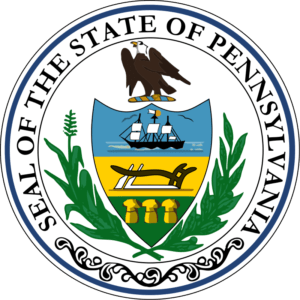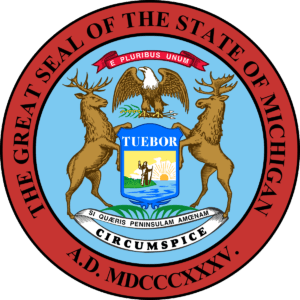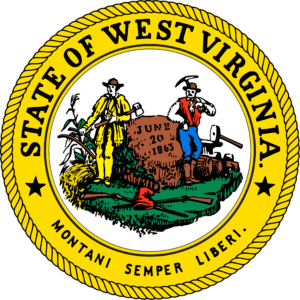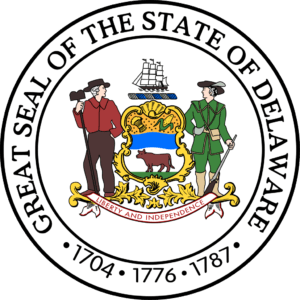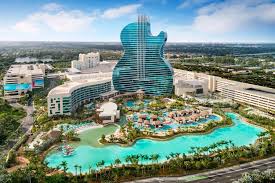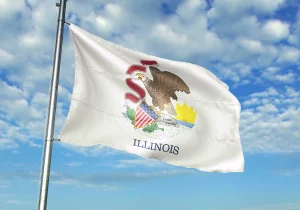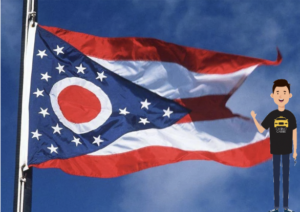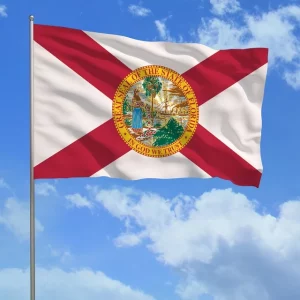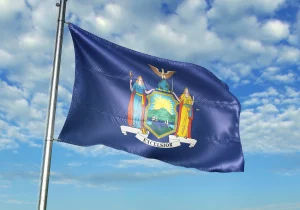States with active online gambling bills
Kentucky: HB 106
HB 106 is alive and kicking in Kentucky but potentially lacking the momentum to secure votes as, in the past, the House has been split on the issue of sports betting. HB 106 seeks to legalize online sports betting, poker, and DFS. However, the state doesn't even have retail casinos, meaning racetracks would partner with online operators for licensing agreements. The bill is sponsored by House Representatives Cherlynn Stevenson, Derrick Graham, and Rachel Roberts. The fact that it includes poker, sports betting, and DFS might make it harder to pass as if the House opposes one activity; the bill is lost.
Indiana: HB 1536
Indiana is being touted as one of the most likely states to legalize online casinos and poker in 2023. HB 1536 was introduced as a draft bill in December 2022 and underwent slight changes before it was presented to the House. The bill has a crossover deadline from the House to the Senate of February 27th. If the bill doesn't succeed in making it to the Senate, it's all over. If the bill clears all obstacles and is subsequently passed by the Senate, online casinos could launch as early as September 1st in the Hoosier State! Reports have shown that the state could earn between $340-945 million (some have even quoted $500 million/year) in tax revenue from Gaming in the first three years, making it a desirable proposition.
Illinois: HB 2239 + SB 1656 vs. HB 2320
The legislative action kicked off in February in Illinois, which currently has two competing online casino bills in the works, HB 2239 and SB 1656, which go together, and HB 2320, the competitor. Representative Edgar Gonzalez Jr. and Senator Cristina Castro sponsor the first two bills. The competitor bill is a rehash of the 2021-22 gaming bill by Representative Jonathon Carrol. The differences between the two bills are quite subtle:
HB 2239 & SB 1656
- 15% tax rate
- Instant online registration - no person
- Licensing fees of $250,000
- Three online skins per operator
- "Out-of-state poker wagers" accepted
HB2320
- 12% tax rate
- 6-month in-person registration
- Lower licensing fees than competitor bill
As the 2021-22 Internet Gaming Act failed to pass in Illinois, it's too early to call whether either of these bills will be successful.
Maryland: SB 267
Maryland passed online sports betting regulations in 2020 by a public referendum. Due to the state's constitution, online casino legislation must also pass public voter approval. Two Senators, Watson and King, have put forward their Internet Gaming Authorization and Implementation - SB 267 to feature on the 2024 election ballot. The bill proposes that the state's Lottery and Gaming Control Commission allow the State's six land-based casinos to offer their products online. No other licenses would be provided.
Given the public vote requirement, the earliest Maryland could see online casinos would be 2025 - Maryland voters, the future of online casinos is in your hands.
New Hampshire: SB 104
New Hampshire's open bill is a bit of a mouthful, entitled, "To regulate online gambling and direct net proceeds to a community college education scholarship fund" - AKA SB 104 and has been introduced by Senator Timothy Lang. As the name suggests, it proposes launching online casinos to fund two-year college scholarships for low-income students, and estimates have put revenue expectations at $17 million in the first year. However, the bill lacks detail and substance, and some opposition from the retail sector suggests it won't pass.
New York: S4856
New York launched legal online sports betting last year and has been criticized by operators for the sky-high 51% tax rates that make revenue generation difficult. However, that hasn't stopped Senator Joseph Addabbo from introducing a new bill, S4856, this legislative session that seeks to amend the current pari-mutuel wagering and breeding law by adding a new article to legalize NY online casinos.
If passed, Empire State casino resorts, race tracks, tribes with compacts, and current online sports operators would be allowed to apply for licenses at the cost of $2-10 million for ten years. The suggested tax rate would be 30.5%, higher than all other US iGaming states. There is also a proposed "stability requirement," which would exclude any brand which operates in any locations where gambling is illegal from gaining a NY license.
Coming just one year after online sports betting was legalized, it's unclear how this bill will progress, but there's certainly potential. Although worryingly, it didn't make it onto Governor Hochul's executive budget for 2023, which isn't a good sign. There's also currently an online poker bill currently under consideration, but it doesn't include any other form of casino gaming.
Online casinos: States to watch
Bills can be introduced at any point in the legislative session, and some states have longer sessions than others. While it's less likely we'll see other states added to the list of those with open online casino bills, it's not impossible, and these are the most likely candidates:
- Massachusetts
- North Dakota
- Ohio
Regulated States
Look at how regulation works in the US states that have already legalized online casinos.




